
Test Contact Form
[contact-form-7 id=”14271″ title=”Request Academic Inspection Copy”]

[contact-form-7 id=”14271″ title=”Request Academic Inspection Copy”]
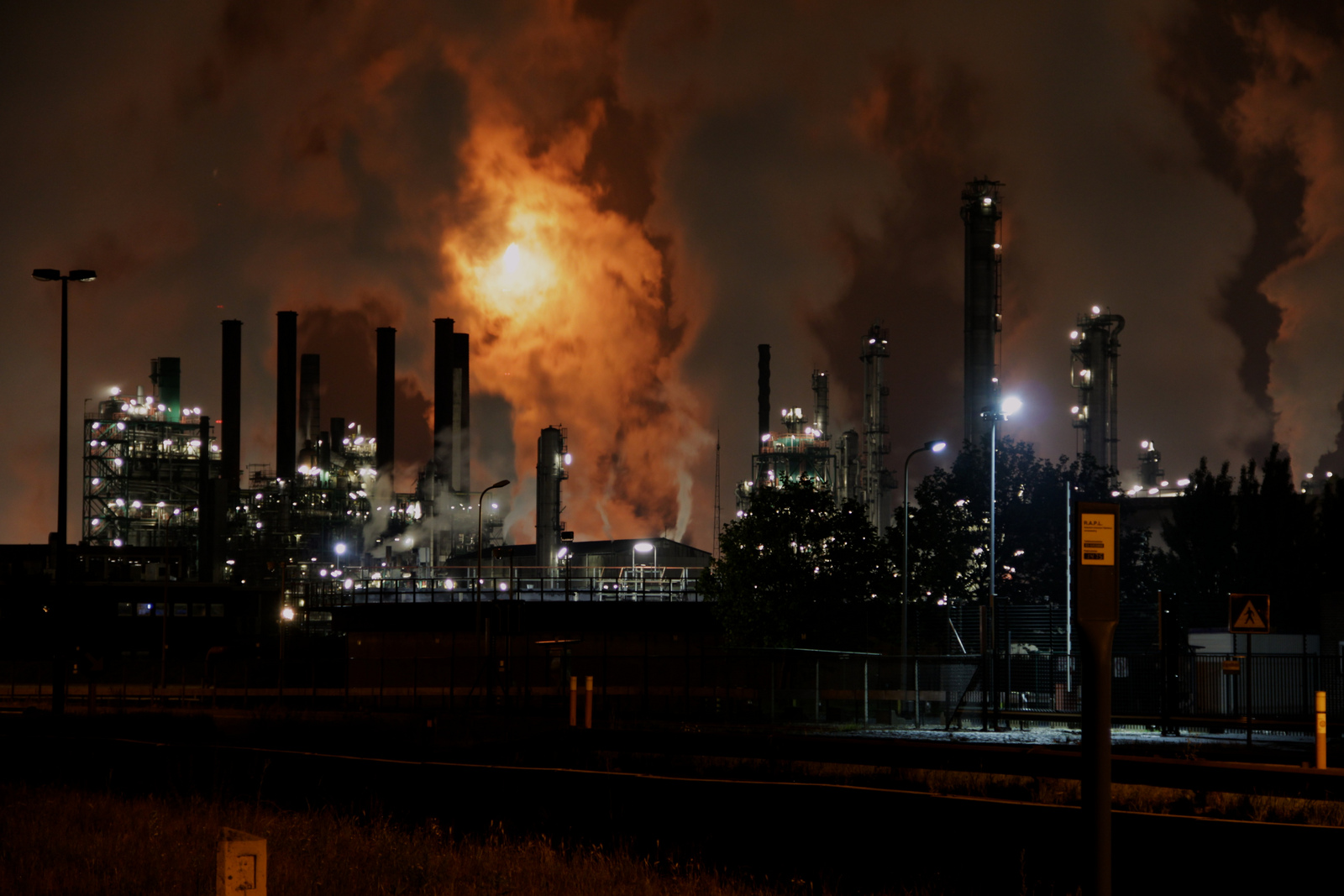
In a world of low oil prices, local content can make petro-development more realistic for African oil and gas producers, not less.
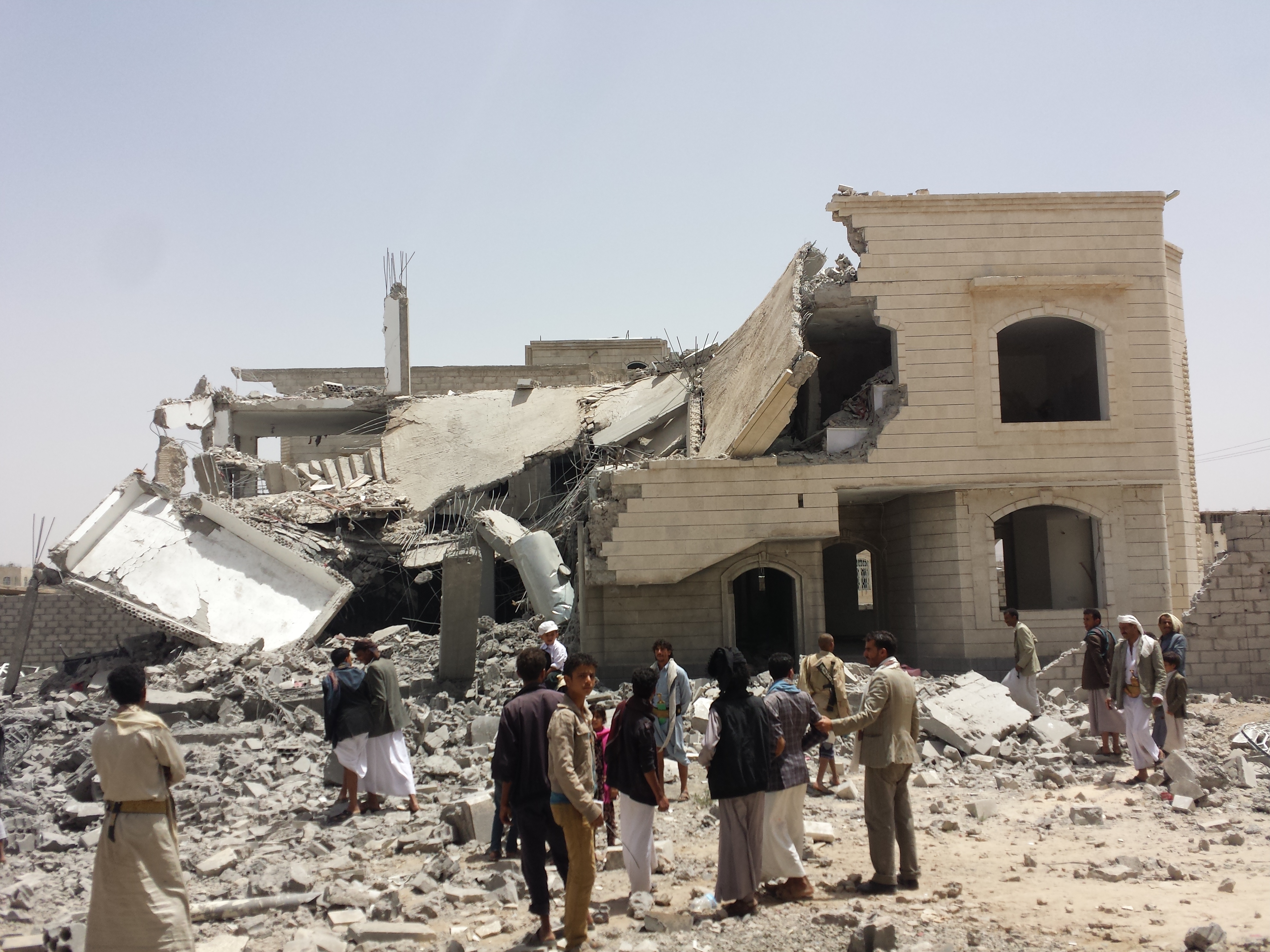
Collateral damage is neither actively sanctioned nor a war crime, and this uncertainty means the perpetrators hold no responsibility to the victims.
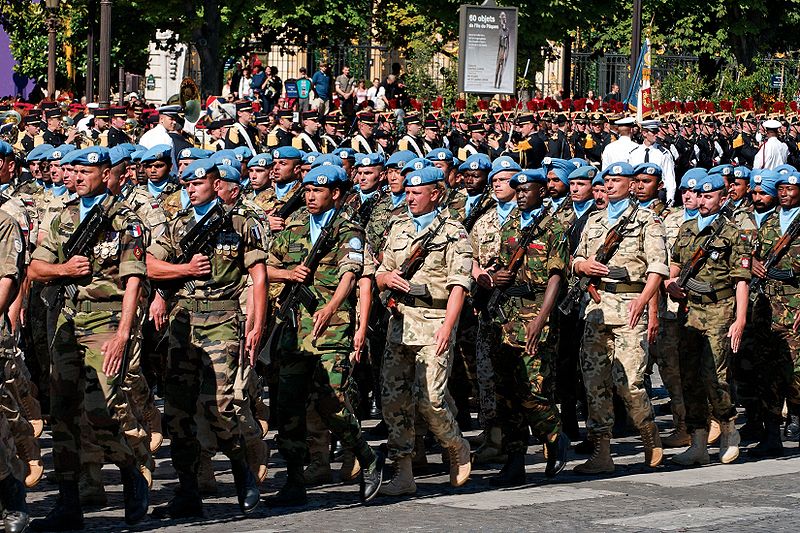
UN peacekeeping forces continue to have a squalid record of sexual abuse – Rosa Freedman asks how they can be held accountable amidst a culture of impunity.
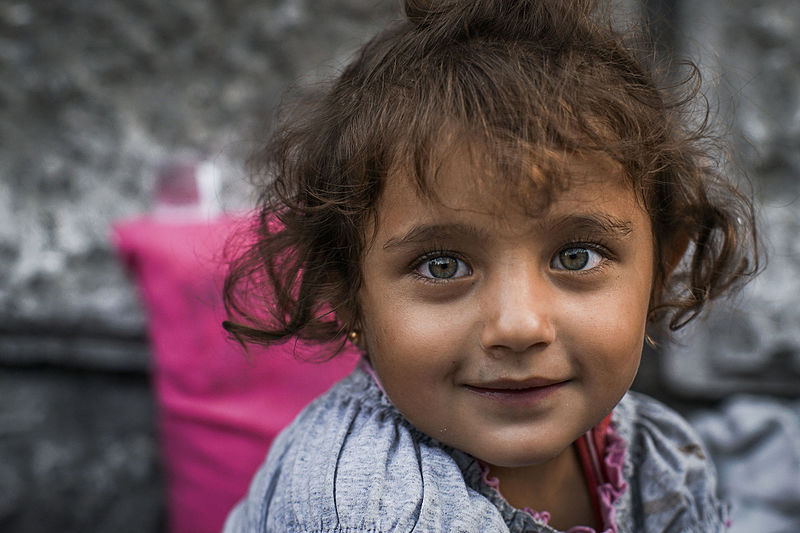
Fortress Europe opened its gates last summer. The tragedy in Paris has threatened to slam them shut again.
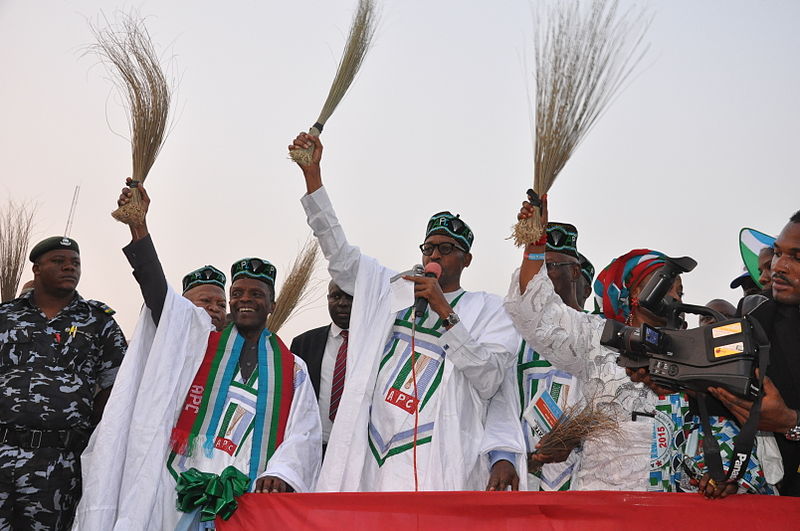
Though Africa saw thirteen national elections in 2015, only two countries, Nigeria and Tanzania, saw a change at the top. The new presidents have targeted corruption with encouraging results, explains Keith Somerville.
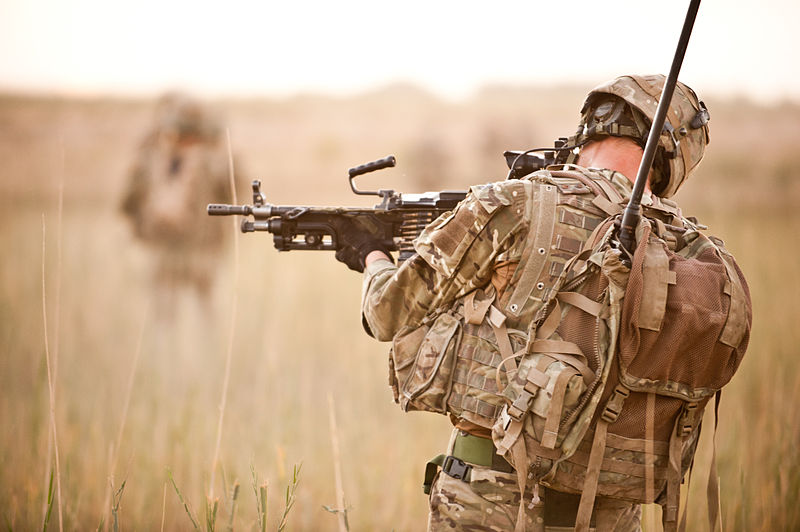
The British SAS have returned to Sangin district in Afghanistan’s Helmand province, ostensibly to tackle a resurgent Taliban offensive. Local dynamics belie this simplistic analysis, as Mike Martin explains.
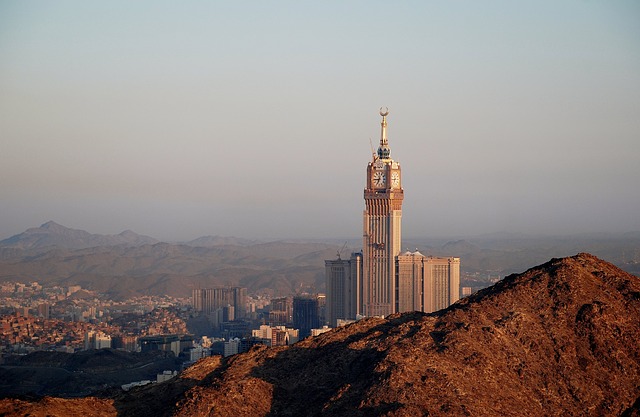
Wahhabi Islam has replaced national identity with a doctrine that encourages intolerance and terrorism, explains Madawi Al-Rasheed.
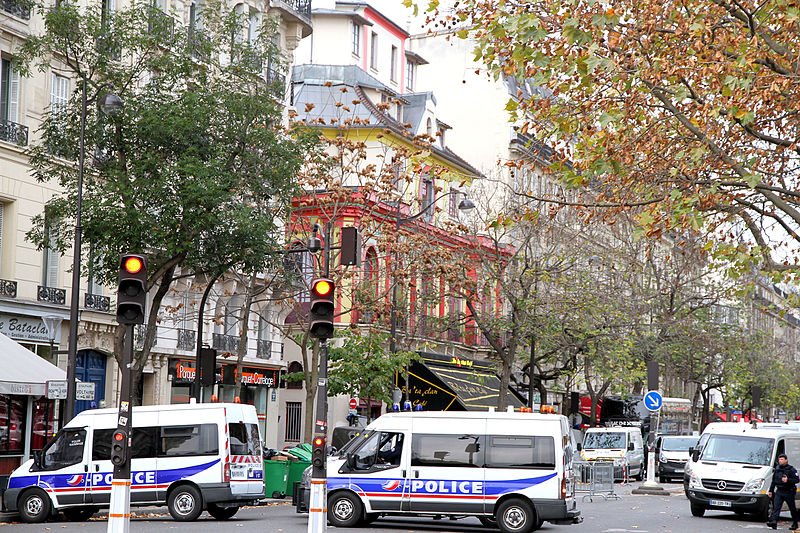
In the wake of the Paris attacks of 13 November 2015, Jean-Pierre Filiu is interviewed on ISIS and the European response. Interviewer: Zachary Laub, Online Writer/Editor at the Council on Foreign Relations.
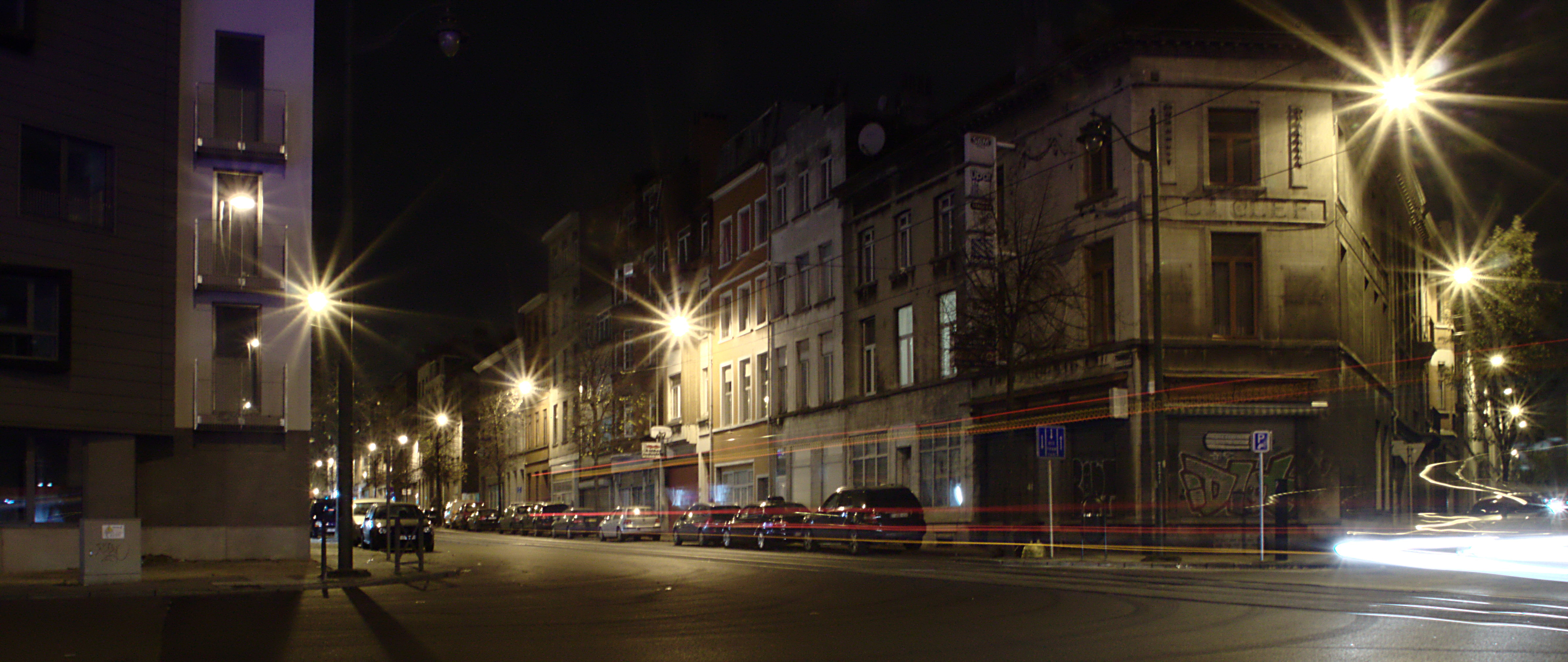
To call Molenbeek a terrorism capital is an exaggeration at best. Focusing on local socio-economic factors obscures European jihadism’s transnational nature.
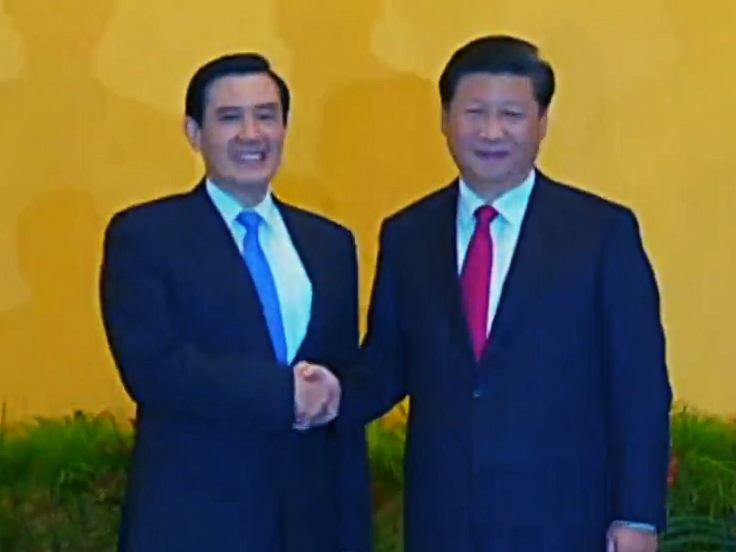
Presidents Ma Ying-jeou and Xi Jinping of Taiwan and China meet for a historic photo-op, but little else comes from the summit that shocked the world media
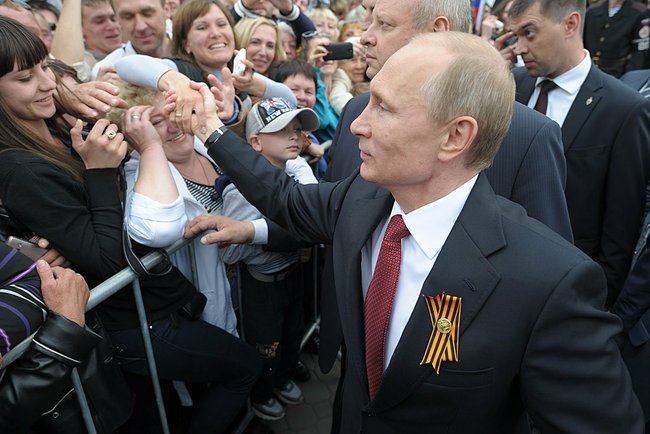
What might the consequences be for Putin if the Sinai flight disaster proves to have been the work of terrorists?
Nothing left to load.